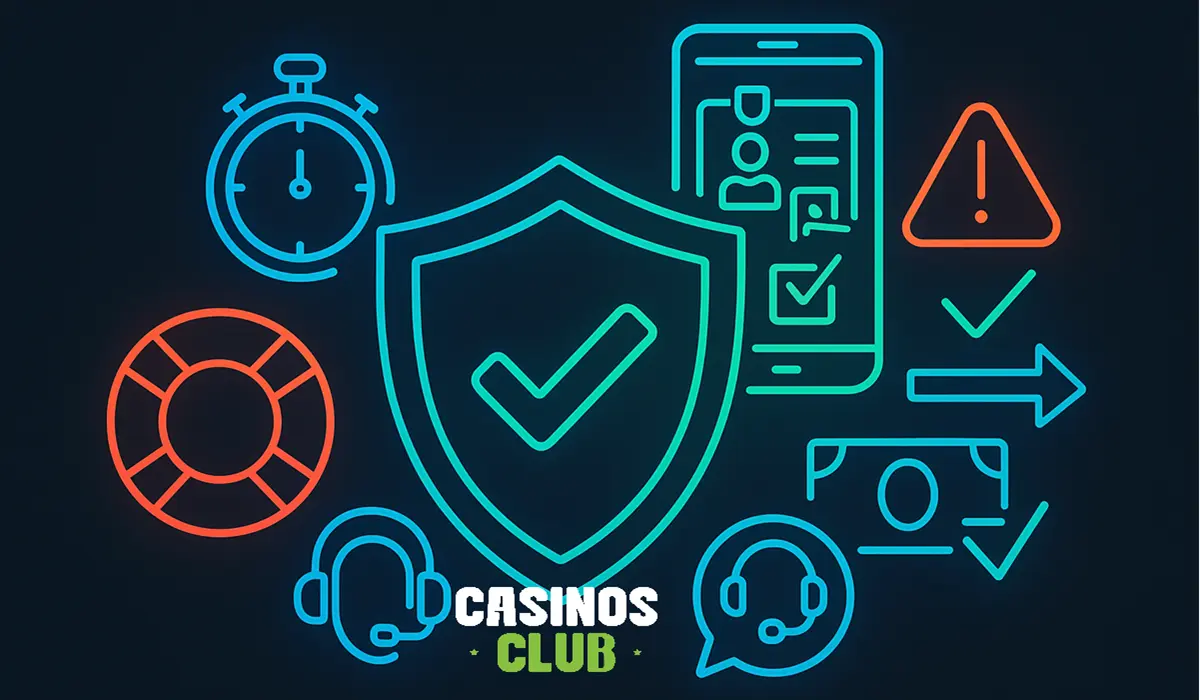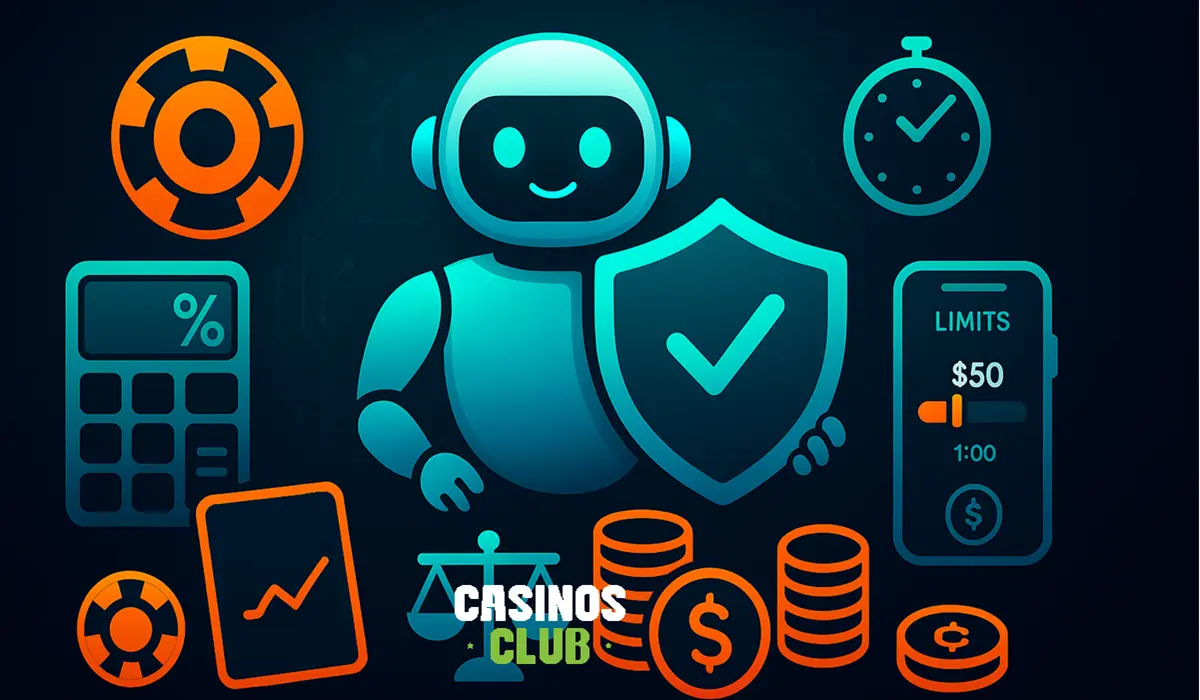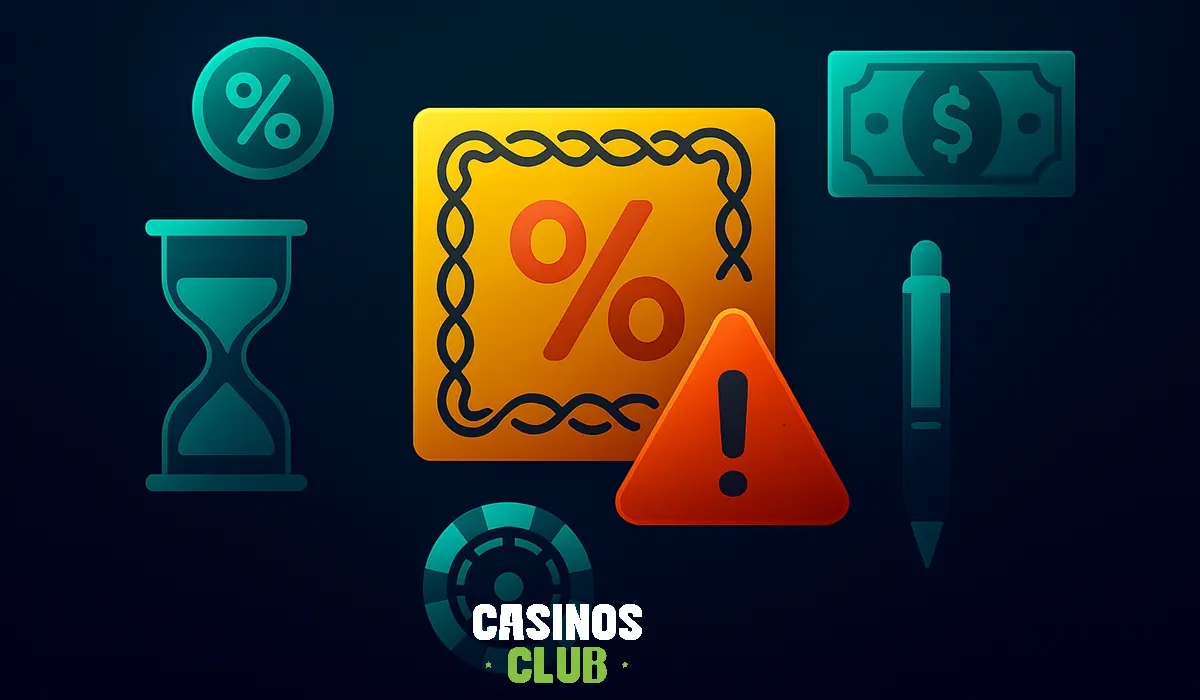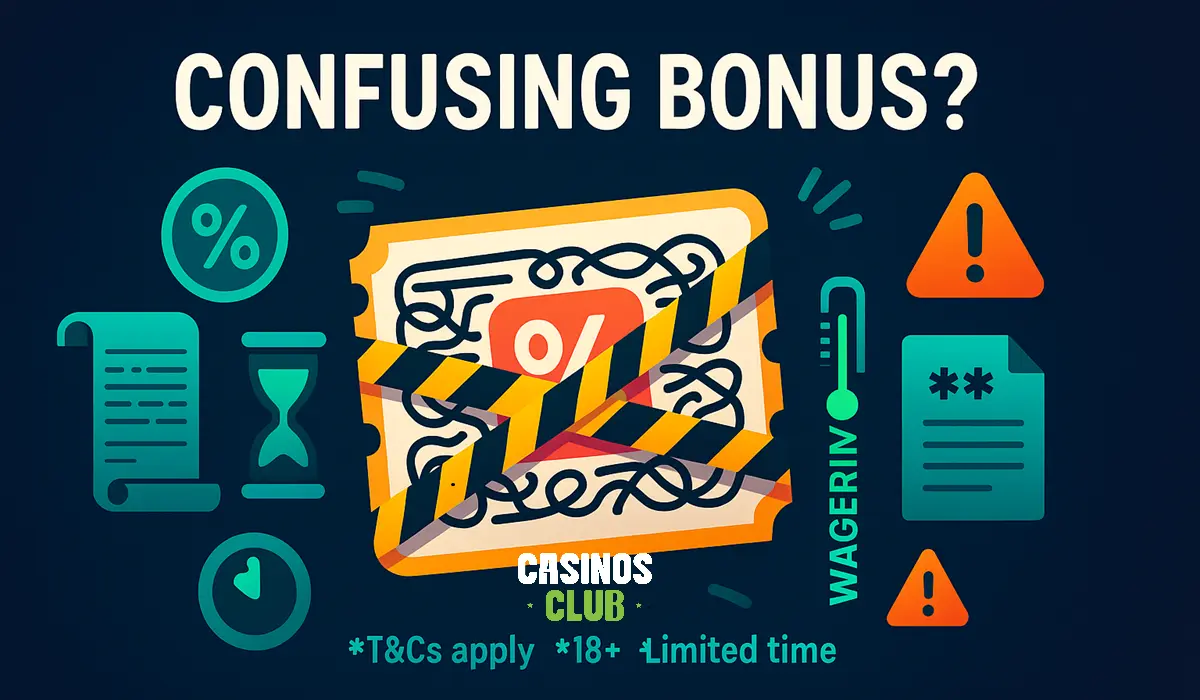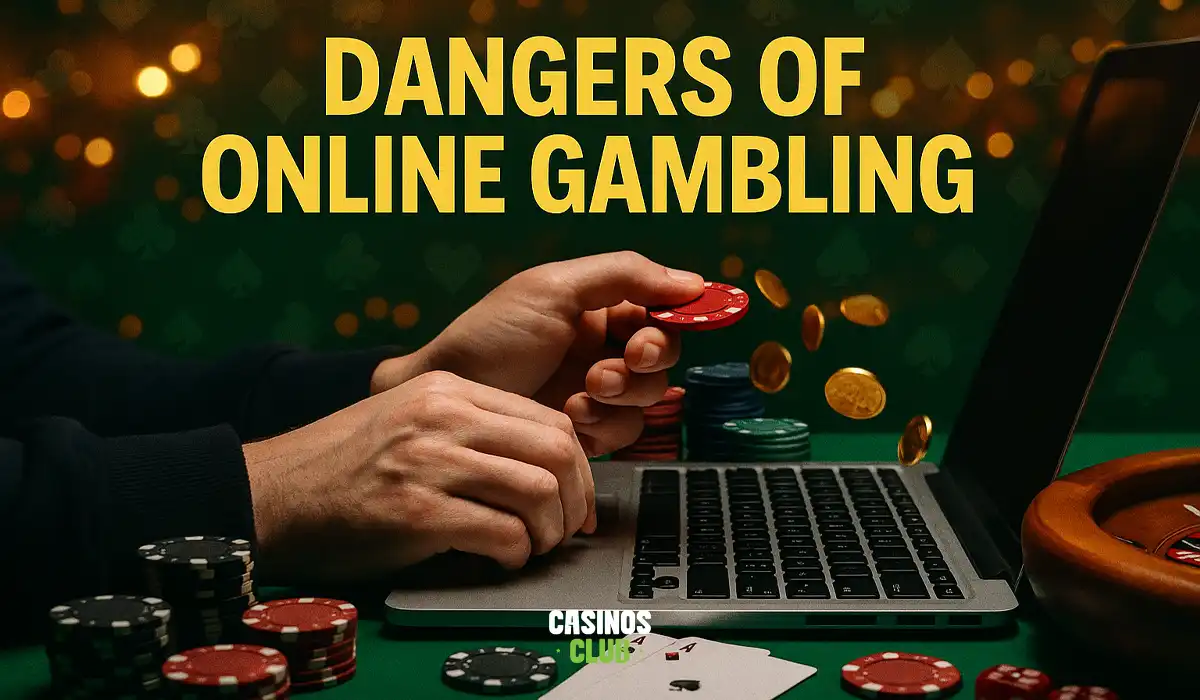
16 May 2025
Dangers of Online Gambling: Risks & How to Stay Safe
Online gambling has evolved into a global phenomenon, accessible 24/7 via smartphones and computers. Recent studies estimate that nearly 46% of adults worldwide have engaged in gambling, with a staggering 18% of adolescents also participating, despite age restrictions. As gambling becomes increasingly normalized through advertising and social media, its risks are often overlooked.
Unfortunately, this growth has also led to an alarming rise in gambling addiction, with severe personal, social, and economic consequences. The widespread availability of online gambling makes it vital to understand its dangers, from financial ruin to mental health issues, and the importance of responsible gambling.
Table of Contents
Dangers of Online Gambling: A Global Perspective
What Are the Risks of Online Gambling?
What Are the Problems with Online Gambling?
How Does Online Gambling Affect the Brain?
What Are the Risks of Online Gambling?
Online gambling presents numerous risks, both immediate and long-term, that can severely impact a person’s life. The most significant risk is addiction. Due to the accessibility of online casinos and betting platforms, players can easily get caught up in the excitement, gambling more than they initially planned. This can lead to financial problems, such as draining savings, accumulating debt, or even resorting to illegal activities to fund bets. The design of online gambling sites also encourages compulsive behavior, with features like autoplay and quick-fire games that keep players engaged for longer periods.
Research shows that gambling addiction is closely linked to mental health issues like depression, anxiety, and stress. In extreme cases, online gambling can lead to suicidal thoughts, with problem gamblers facing higher rates of mental health struggles than those without gambling issues. According to the National Council on Problem Gambling (NCPG), individuals suffering from gambling addiction may experience intense feelings of guilt, shame, and isolation. The stigma surrounding gambling addiction often prevents people from seeking help, which only exacerbates the problem.
Moreover, unregulated or poorly regulated gambling sites pose additional risks. Fraudulent platforms can steal personal and financial data, leaving players vulnerable to identity theft or financial loss. To minimize these risks, it’s crucial to gamble on licensed and reputable sites that prioritize player security.
What Are the Problems with Online Gambling?
While online gambling is convenient and accessible, it brings with it a host of problems that can affect both individuals and society. One of the major issues is the normalization of gambling. With aggressive marketing tactics and advertisements during sports events and on social media, gambling is increasingly seen as a normal part of entertainment. This shift makes it easier for people to dismiss the risks associated with gambling, especially among young people. Research by Harvard Medical School highlights how this normalization can lead to higher participation rates, especially among vulnerable groups.

The lack of regulation is another serious issue. Many online gambling sites operate without proper oversight, which means they can manipulate terms, delay payments, or even defraud players. Even in regions with strict regulations, the rise of offshore casinos often makes it difficult for players to identify secure, trustworthy platforms.
Key problems with online gambling include:
- Addiction: The 24/7 availability of online gambling makes it easier for players to become addicted, especially with instant-play games like slots.
- Financial Loss: Many players end up spending more money than they can afford, leading to significant debt or even bankruptcy.
- Lack of Support: Online gambling platforms often fail to provide adequate tools for responsible gambling, like self-exclusion or deposit limits.
- Fraud and Scams: Some unregulated or poorly regulated platforms steal personal data or refuse to pay out winnings, leading to financial harm.
Additionally, post-pandemic trends show a significant surge in online gambling. During COVID-19 lockdowns, traditional casinos closed, and many turned to online platforms, further exacerbating the risks. According to Birches Health, online gambling helplines saw a marked increase in calls for help related to gambling addiction, especially with online slots and poker.
How Does Online Gambling Affect the Brain?
Online gambling can have a profound impact on the brain, leading to addictive behavior that mimics substance abuse. The psychological effects are largely due to the way these platforms are designed. Online casinos and betting sites are specifically engineered to keep players engaged for long periods. They use reinforcement systems that release dopamine, the "feel-good" chemical in the brain, whenever a player wins or even when they experience near-wins. This pattern of quick, intermittent rewards is similar to the mechanics of slot machines, which are often described as "instant gratification" devices.
When people gamble, their brains release dopamine, which creates a sense of pleasure. However, over time, this can lead to gambling addiction, as the brain begins to crave the dopamine rush, and individuals may continue gambling even when it causes harm. Research from the WHO notes that gambling can trigger similar pathways in the brain as drug addiction, and compulsive gambling has been classified as a behavioral addiction.
The emotional toll of gambling addiction is also severe. Problem gamblers often experience intense feelings of guilt, anxiety, and depression. This emotional distress is compounded by the inability to stop gambling, despite the negative consequences. Furthermore, problem gambling is linked to elevated suicide rates. According to the Network for Public Health Law, problem gamblers are 15 times more likely to die by suicide compared to the general population. This illustrates the significant mental health risk associated with gambling addiction, especially when it goes unaddressed.
What Is the Riskiest Type of Gambling?
While all forms of gambling carry inherent risks, certain types are considered more dangerous due to their fast pace, high stakes, and potential for addiction. Online slots are one of the riskiest types of gambling due to their rapid, immersive gameplay and frequent payouts. With no skill required and a random outcome, players can quickly lose large amounts of money without realizing it. The flashing lights, sounds, and instant rewards are designed to keep players engaged, making them more likely to gamble beyond their limits.
High-stakes poker and live dealer games also present significant risks, as they typically involve larger sums of money and more intense competition. Players can be easily swept up in the excitement of the game, leading to impulsive decisions and large financial losses. Poker, in particular, can be dangerous for inexperienced players who lack a solid strategy, as they are more likely to chase losses or make high-risk bets.
Additionally, sports betting has become increasingly popular, but it also carries risks. The fast-paced nature of in-play betting, where bets are placed during live events, can lead to impulsive decisions and quick losses. Many bettors are drawn to the idea of "making quick money" by placing bets on games they are watching, which can result in excessive gambling and emotional betting.
The riskiest types of gambling are those that are:
- Fast-paced: Games like online slots or in-play betting encourage quick, impulsive bets, leading to rapid financial losses.
- High-stakes: Poker and high-limit table games can lead to massive losses, especially for those chasing wins.
- Low-skill: Games with no skill or strategy, like slots, make it easy to fall into the trap of playing for hours without realizing how much has been lost.
Recognizing the most dangerous forms of gambling can help players avoid falling into high-risk activities and make more informed decisions about where and how they spend their money.
How to Be Safe in Gambling?
While online gambling can be risky, there are steps you can take to stay safe and responsible. Start by setting clear limits on both time and money before you begin. Many online casinos offer tools like deposit and loss limits to help you control your spending and avoid impulsive behavior.

Always choose licensed and regulated casinos to ensure your personal and financial information is protected. These platforms are held to strict standards for fairness and security.
If you notice your gambling habits are becoming problematic, consider self-exclusion programs like GamStop to take a break and regain control.
If you feel your gambling is becoming an issue, reach out for help. Organizations offer counseling and support, and Cognitive Behavioral Therapy (CBT) is an effective treatment for gambling addiction.
By using these tools and gambling responsibly, you can enjoy online gambling safely and avoid harmful consequences.
Self-Exclusion Programs by Region
Self-exclusion programs provide essential tools for individuals to take control of their gambling habits, offering a range of options to voluntarily block access to gambling platforms for set periods of time.
United Kingdom
- GAMSTOP: A free service that allows individuals to self-exclude from all online gambling sites licensed in Great Britain for a period of six months, one year, or five years. The program has seen a significant increase in registrations, particularly among younger individuals.
- TalkBanStop: A collaborative initiative offering tools like Gamban (to block gambling sites), access to the National Gambling Helpline, and registration with GAMSTOP.
United States
- New Jersey Self-Exclusion Program: Allows individuals to voluntarily exclude themselves from all New Jersey casinos and online gambling platforms for one year, five years, or a lifetime. Registration can be completed online, enhancing privacy and accessibility.
- Illinois Self-Exclusion Program: Provides individuals with the option to self-exclude from all casinos in Illinois, aiming to assist those who recognize they have a gambling problem.
- Arizona Self-Exclusion Program: Offers two types of self-exclusions: one for casino gambling and another for event wagering and fantasy sports contests. Individuals can choose to exclude themselves from one or both, with options for notarized forms and in-person assistance.
Canada
- British Columbia Lottery Corporation (BCLC) Voluntary Self-Exclusion: Provides a program where individuals can voluntarily exclude themselves from all casinos in British Columbia for one, two, or three years. Participants are prohibited from entering casinos during this period and are offered unlimited professional counseling services at no cost.
Additional Support Resources:
- Gamblers Anonymous: An international fellowship of individuals who have a gambling problem. They meet regularly to share experiences and support each other in overcoming compulsive gambling.
- National Gambling Helpline (UK): Provides confidential information, advice, and support for anyone affected by gambling problems in England, Scotland, and Wales. Available 24/7 via phone and live chat. Betting & Gaming
- National Council on Problem Gambling (NCPG): Offers a national helpline in the United States and provides resources for individuals seeking help with gambling problems.







